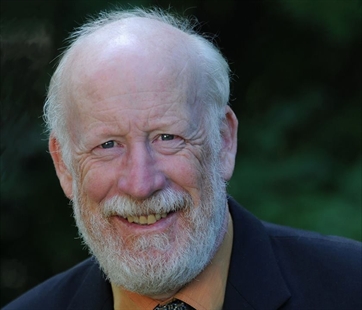
Richard Cannings
Image Credit: Contributed
June 20, 2017 - 12:00 PM
OPINION
Editor,
Last Friday afternoon the House of Commons adjourned for the day with a rare event—a unanimous vote in favour of a private members bill from an opposition party. Bill C-211 instructs the government to create a federal framework to better deal with post-traumatic stress disorder, or PTSD.
I’ve heard a lot about PTSD from people in my riding—it may surprise some how serious a problem this is in our communities, how widespread and how debilitating. And it bears repeating that PTSD not only impacts men and women who have served in our armed forces in actions overseas. It can be triggered by basic training exercises. And it is unfortunately common among first responders who repeatedly attend horrific accident and disaster scenes, those who counsel people who have experienced these events, and even jurors who have to hear about and view details of terrible crimes.
There is little help available for first responders with PTSD in British Columbia, so I’m encouraged to see that Bill C-211 asks for collaboration with all levels of government.
A constituent of mine, a veteran, suffers from both pain from his injuries and PTSD from his experiences. He was once on a debilitating regimen of over 30 pills a day. He turned to medical marijuana and found that that turned his life around. He could once again take part in his community and enjoy life. But last month Veterans Affairs Canada cut back the amount of cannabis that veterans could use from ten grams per day to three. Since that action, he has suffered the worst six weeks of his life. His nightmares have returned and he is only getting three hours of sleep. He was told that this cut was implemented because there wasn’t enough science to support the dose levels. Instead, he has been offered to take part in a trial using psilocybin or MDMA.
Why can’t he use the cannabis dose that gave him his life back instead of trying new, stronger hallucinogens? He was told that he could get a letter of exception to allow him to go back to his former dose of cannabis, but he needs to get that letter signed by a specialist willing and able to see him. The earliest appointment he can arrange is September, and that will require travel to Victoria at his own expense.
This doesn’t just affect him. There have been three suicides in his network of PTSD sufferers who use cannabis since this cutback was implemented, lives needlessly taken because Veterans Affairs refused to listen to the men and women suffering from PTSD.
On Friday afternoon, June 16, all parties came together to move this bill quickly through parliament. We all supported it because it would compel the government to act, to listen to PTSD sufferers across the country, and to experts from around the world. We need to find a better way to support the men and women suffering from this condition. After their sacrifices in the armed forces, first response teams and other duties, it is the least we can do.
— Richard Cannings is the MP for South Okanagan-West Kootenay
We welcome your comments and opinions on our stories but play nice. We won't censor or delete comments unless they contain off-topic statements or links, unnecessary vulgarity, false facts, spam or obviously fake profiles. If you have any concerns about what you see in comments, email the editor.
News from © iNFOnews, 2017